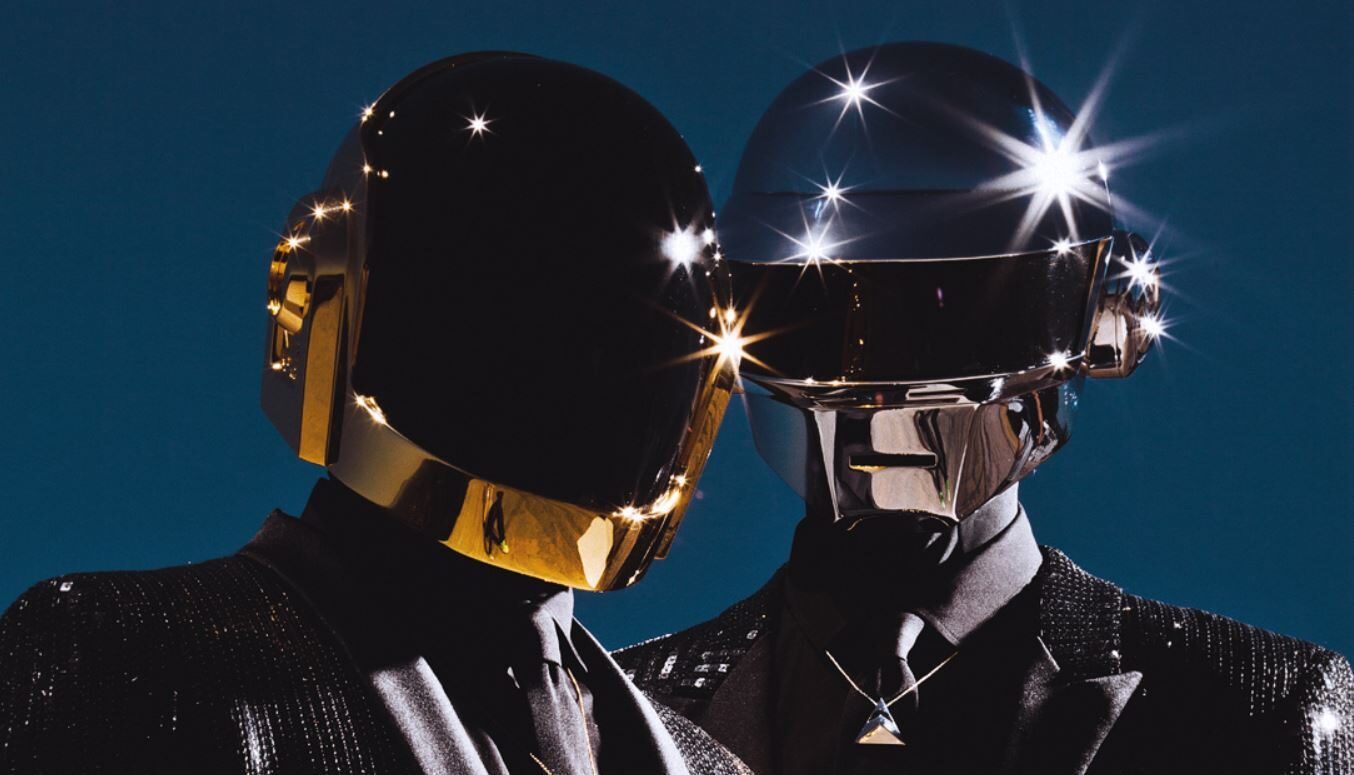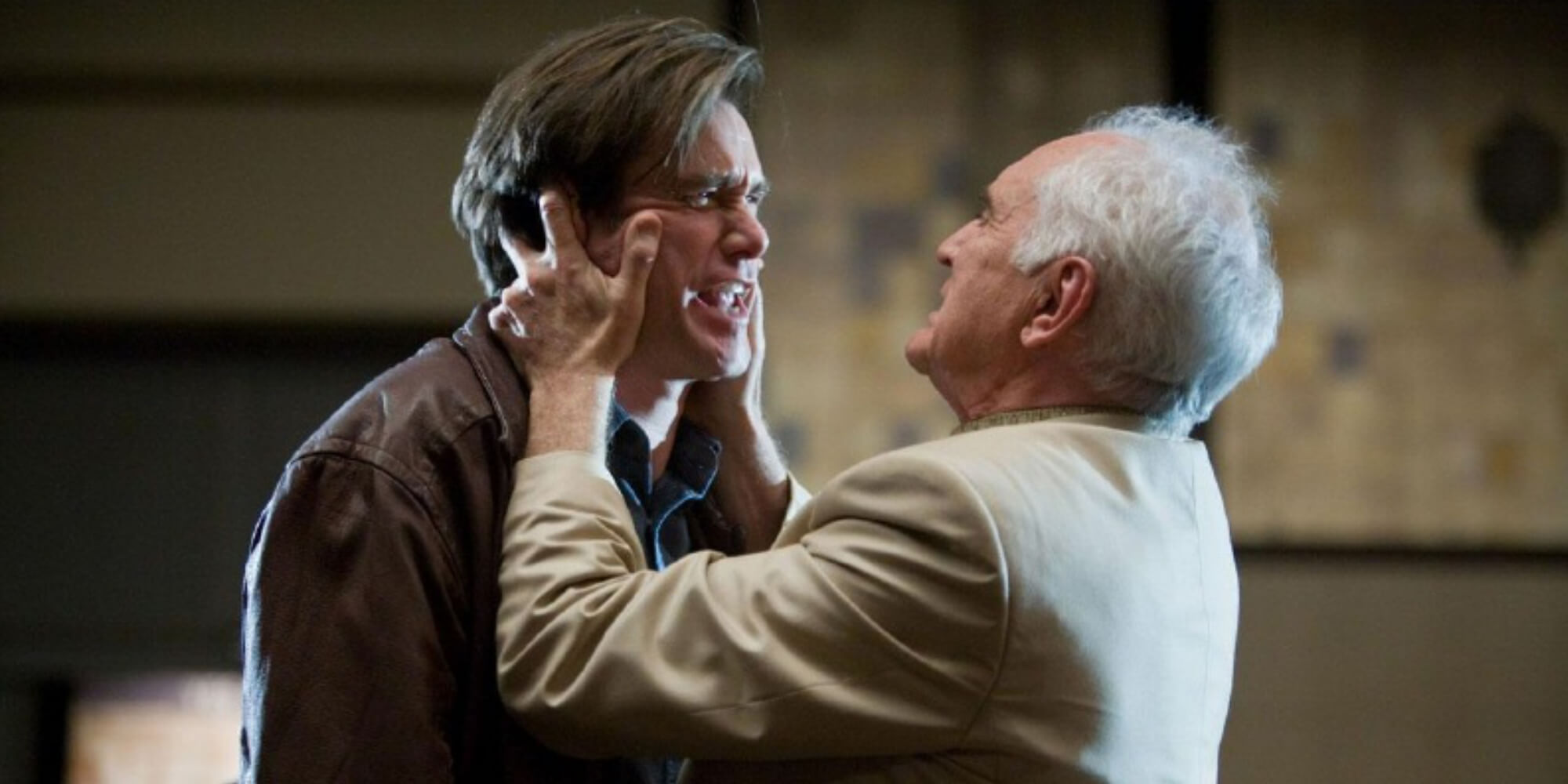Experience the gripping tale of a German man who defies the norm, rejecting the ubiquitous passion for football, or Fussball, that pervades his society. Discover the societal pressures and expectations that compel him to conform, while he resists with an unwavering determination. Embark on a thought-provoking journey through the heart of German football culture, as we examine the all-encompassing influence it wields over the nation’s identity, community, and sense of pride. Uncover the darker side of football’s rituals, its potential to breed conformity, and the unsettling shadows of fascism that loom in the background. Step into this captivating narrative and explore the complexities of a deeply ingrained sporting phenomenon from a unique social perspective.
Ah yes, Fussball! Or soccer, sometimes German Football. A game so pure, so simple, yet complex in its intensity and odor you can enjoy it like a fine wine or consume it like in a hurry, craving for excitement.
I can’t. And I am aware that it is unlikely I’m changing minds here. But we are around that time again, where I unwillingly know when the German team is playing and/or goals are made, where I can decyfer the fanatic screams of my neighbours and know which side has made it. struck? shot? a goal. And I’d like you to join me in my suffering for a moment, just to understand what it’s like to be a German male with a passionate hate for fuuusbol.
As a boy, I have played the fussi with my friends on the playground. Not because it was especially fun, mainly because everyone did. You ought to, it was expected of you, not just as a kid but especially as a boy. I cannot tell you how or when it happened but the equivalent would be growing up with a hoop in the backyard or a father introducing you to baseball. In Germany, you gotta play the fuzbol. Bloody shins and dirty clothes, the sweaty athleticism became your right of passage on the journey to masculinity. Instead of a rifle, a young aspiring man needed a leathery ball to develop leathery balls.
I didn’t like that so much. Call it naive rebellion against oppression, a punk’s sympathy for the underdog or the pride of a snowflake… I might have bought the South Korean trikot and cheered them on against Germany in desperation of making a point, just to escape the pressure my surroundings put on me to conform. Personally, I never felt those sort of expectations had any meaning for me. Until they did. Because suddenly people were surprised I didn’t want to watch the world championship, had a favourite team, or wanted to bend it like Beckham. Speaking about that movie, in my early years footsies remained a man’s game. Sure there were some girls who played, but those were the tomboys, they weren’t really girls. And I don’t think Keira Knightley really sucked the poison out of that image. I may be wrong. Still, the kicksy sport remained a male domain, that not only accepted outbursts of masculinity, it encouraged it. The fuzzy ball trikot comes in all shapes and sizes. Yet in the media only two shapes were represented. The high athleticism of star millionaires eating Nutella, and the good bro from next door, whose beer belly was pressed against a grill enjoying a cold one and bratwurst. And the industry was good to pedifollis maximus and it for the industry. But it also has some troubling side effects for people like me.
The surprising outbursts of „What you don’t like Fußball?! As a boy/man..?“, have gotten rarer, thankfully. What hasn’t changed ist he urge and pressure to conform. Same as christianity, Furtbell has its submarine fans. Only that instead of showing up during the holidays, they show up during the sports holy days. And they do it to conform, to be informed, to have something to talk about during the next water cooler smalltalk or grill party. As a child I even heard things like: „I watch it to support my country.“, or: „You have to watch it, or aren’t you proud of Germany?!“. I never understood pride for my birthplace and national achievements, but you can bet your Lederhosen those who feel it, enjoy dem FuSSballz. It is a sport that enables the German to address individuals by their nationality. It is a sport that lets you speak about the Frenchman, whilst giving you prime examples for integration, because look at those colorful faces in the German national team. Those guys are the good ones.
It is a sport that is so important to this country, that when the pandemic started, the first official press conference of the German government was about „when will we finally get the people back in the stadiums?!“, whilst getting at least 3 minutes every night on public news stations, more time of coverage than wars, political decisions, deaths and inventions. And what really depresses me about this state, you can’t escape it. I won’t go into detail on how the boulevard press, clothing industry, tourism and tv are intertwined and depending on the fassbull… but when I buy a sour cream in the supermarket and there is flutterberl merch on it, I feel personally offended. When my investment banker uses Fruitball allegories to explain the stock market to me, I am offended. When I specifically say out loud and explain how much the assumption of interest in this sport is offending me, and people still feel the need to share the results of the last game with me, I am offended. For a time, my defense mechanism was to ask about last night’s results in Curling, or talk about Federer’s backhand, but there is only so much you can take before it breaks you. Strangers will talk with you about fruttberl, without asking. You will have to avert your eyes at train stations just to not get news of the latest goings on. No other sport is as offensively used as a common denominator, as a thinly veiled excuse for community and national pride, as a reason to sell merch and pathos, as a singular idea of athleticism and country, as a tool to conform. With all its might, Fussball has become an unstoppable behemoth, an experience of community that is not questioned but accepted with all the troubling rituals it perpetuates. And that is where facism lurks. GO SCHLAND!
written by Julian K.



























